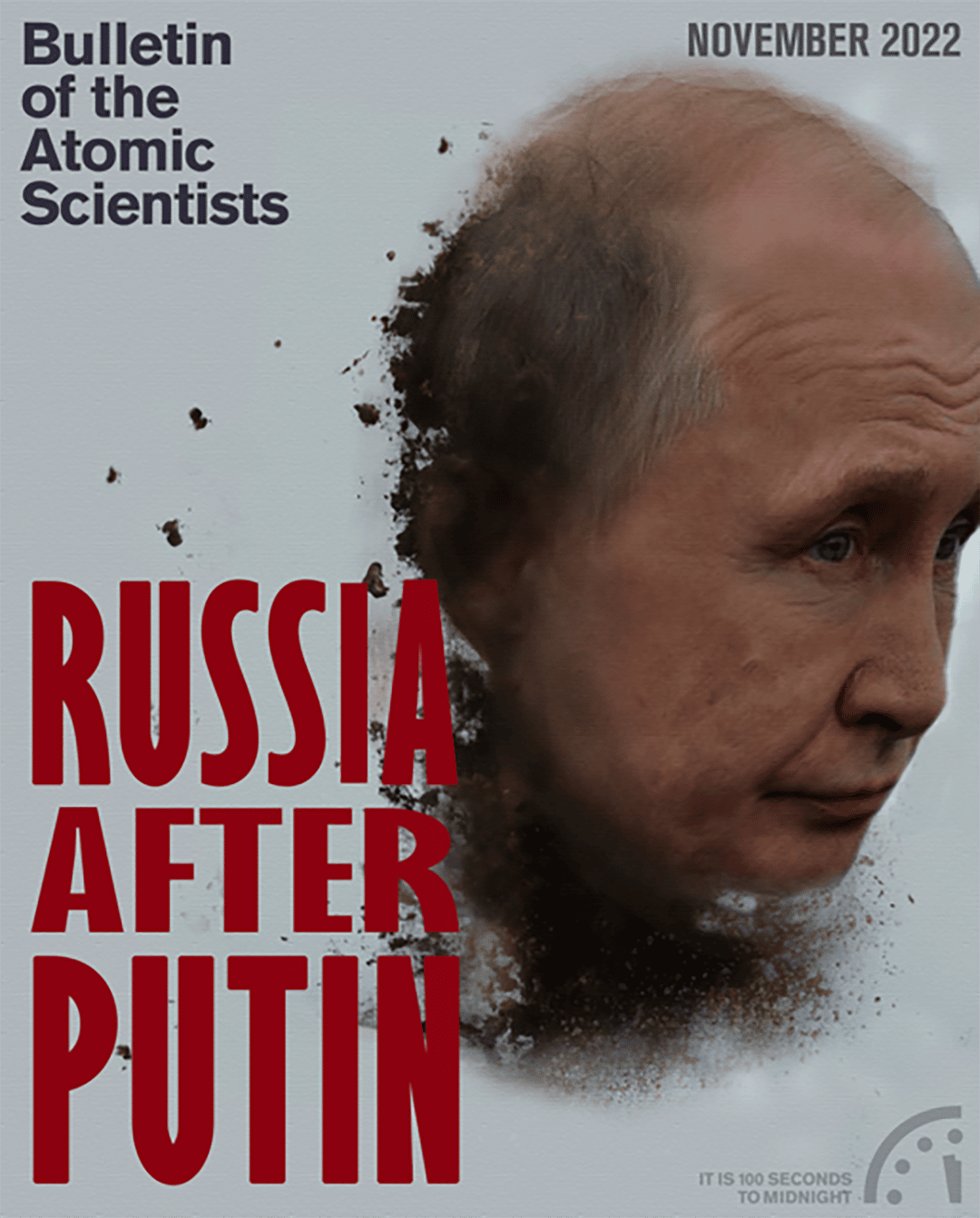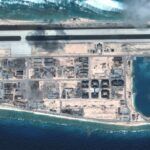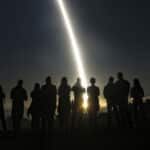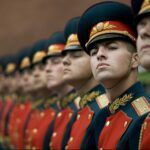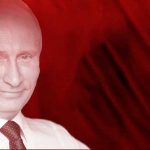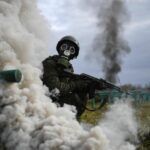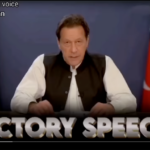What do ordinary Russians think? Interview with a Russian independent reporter
By Dan Drollette Jr | November 9, 2022
Tourists in front of St. Basil’s Cathedral, on Red Square in Moscow, Russia. This Orthodox church, now a museum, has long been a popular cultural symbol of the country. In his novel “Generation P,” Russian writer Victor Pelevin wrote: “There is no doubt that an anti-Russian conspiracy exists. The problem is that the entire adult population of Russia is involved in it.” (The book was released in the West as “Homo Zapiens.") Image courtesy of Michael Sierbert/Pixabay
What do ordinary Russians think? Interview with a Russian independent reporter
By Dan Drollette Jr | November 9, 2022
Loading...
Together, we make the world safer.
The Bulletin elevates expert voices above the noise. But as an independent nonprofit organization, our operations depend on the support of readers like you. Help us continue to deliver quality journalism that holds leaders accountable. Your support of our work at any level is important. In return, we promise our coverage will be understandable, influential, vigilant, solution-oriented, and fair-minded. Together we can make a difference.
Keywords: Cold War, Putin, Russia, Ukraine war, authoritarianism, dissent, sanctions
Topics: Special Topics
Get alerts about this thread
0 Comments
Oldest

